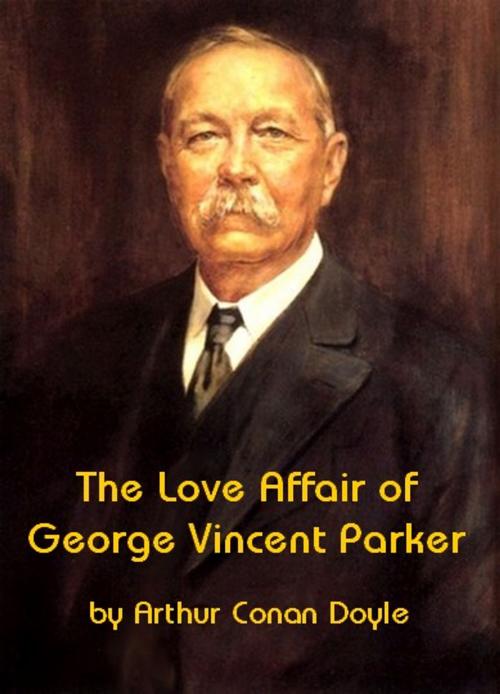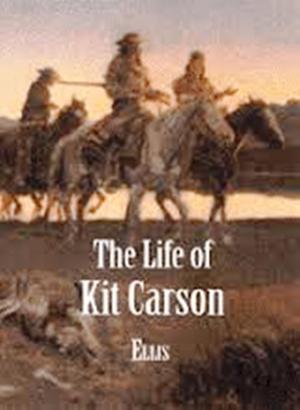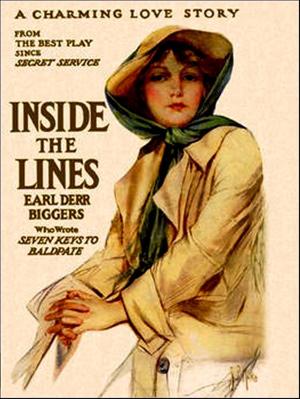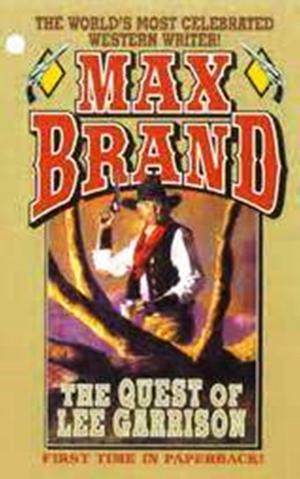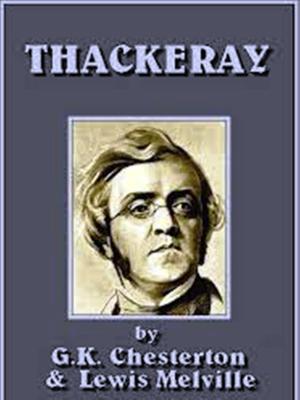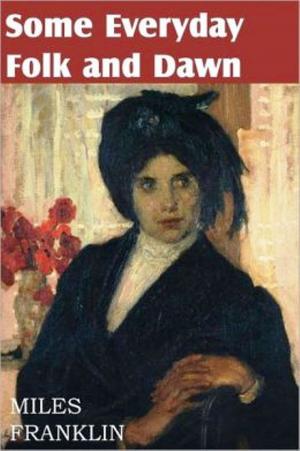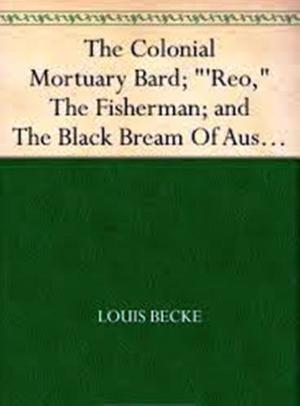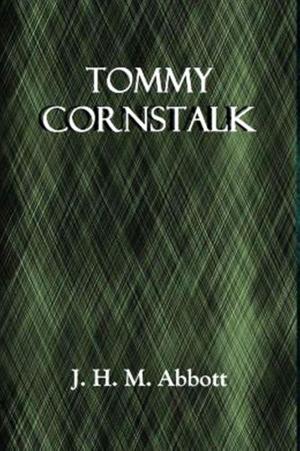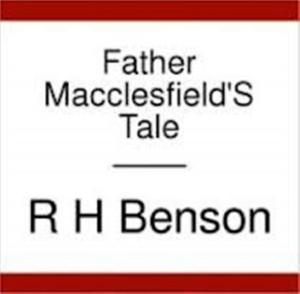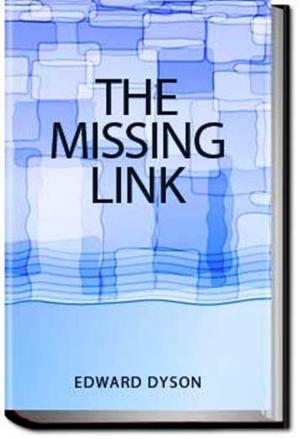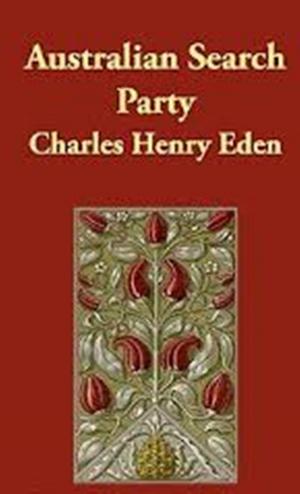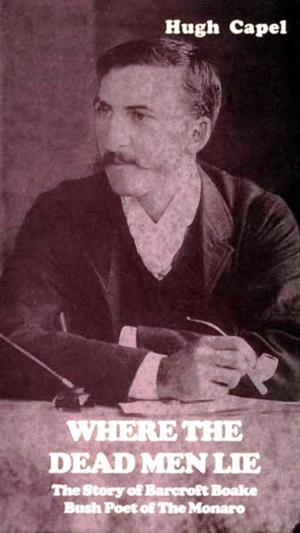| Author: | Arthur Conan Doyle | ISBN: | 1230000156292 |
| Publisher: | WDS Publishing | Publication: | July 31, 2013 |
| Imprint: | Language: | English |
| Author: | Arthur Conan Doyle |
| ISBN: | 1230000156292 |
| Publisher: | WDS Publishing |
| Publication: | July 31, 2013 |
| Imprint: | |
| Language: | English |
THE student of criminal annals will find upon classifying his cases that the two causes which are the most likely to incite a human being to the crime of murder are the lust of money and the black resentment of a disappointed love. Of these the latter are both rarer and more interesting, for they are subtler in their inception and deeper in their psychology. The mind can find no possible sympathy with the brutal greed and selfishness which weighs a purse against a life; but there is something more spiritual in the case of the man who is driven by jealousy and misery to a temporary madness of violence. To use the language of science it is the passionate as distinguished from the instinctive criminal type. The two classes of crime may be punished by the same severity, but we feel that they are not equally sordid, and that none of us is capable of saying how he might act if his affections and his self-respect were suddenly and cruelly outraged. Even when we indorse the verdict it is still possible to feel some shred of pity for the criminal. His offence has not been the result of a self-interested and cold-blooded plotting, but it has been the consequence—however monstrous and disproportionate—of a cause for which others were responsible. As an example of such a crime I would recite the circumstances connected with George Vincent Parker, making some alteration in the names of persons and of places wherever there is a possibility that pain might be inflicted by their disclosure.
Nearly forty years ago there lived in one of our Midland cities a certain Mr. Parker, who did a considerable business as a commission agent. He was an excellent man of affairs, and during those progressive years which intervened between the Crimean and the American wars his fortune increased rapidly.
He built himself a villa in a pleasant suburb outside the town, and being blessed with a charming and sympathetic wife there was every prospect that the evening of his days would be spent in happiness. The only trouble which he had to contend with was his inability to understand the character of his only son, or to determine what plans he should make for his future.
THE student of criminal annals will find upon classifying his cases that the two causes which are the most likely to incite a human being to the crime of murder are the lust of money and the black resentment of a disappointed love. Of these the latter are both rarer and more interesting, for they are subtler in their inception and deeper in their psychology. The mind can find no possible sympathy with the brutal greed and selfishness which weighs a purse against a life; but there is something more spiritual in the case of the man who is driven by jealousy and misery to a temporary madness of violence. To use the language of science it is the passionate as distinguished from the instinctive criminal type. The two classes of crime may be punished by the same severity, but we feel that they are not equally sordid, and that none of us is capable of saying how he might act if his affections and his self-respect were suddenly and cruelly outraged. Even when we indorse the verdict it is still possible to feel some shred of pity for the criminal. His offence has not been the result of a self-interested and cold-blooded plotting, but it has been the consequence—however monstrous and disproportionate—of a cause for which others were responsible. As an example of such a crime I would recite the circumstances connected with George Vincent Parker, making some alteration in the names of persons and of places wherever there is a possibility that pain might be inflicted by their disclosure.
Nearly forty years ago there lived in one of our Midland cities a certain Mr. Parker, who did a considerable business as a commission agent. He was an excellent man of affairs, and during those progressive years which intervened between the Crimean and the American wars his fortune increased rapidly.
He built himself a villa in a pleasant suburb outside the town, and being blessed with a charming and sympathetic wife there was every prospect that the evening of his days would be spent in happiness. The only trouble which he had to contend with was his inability to understand the character of his only son, or to determine what plans he should make for his future.
